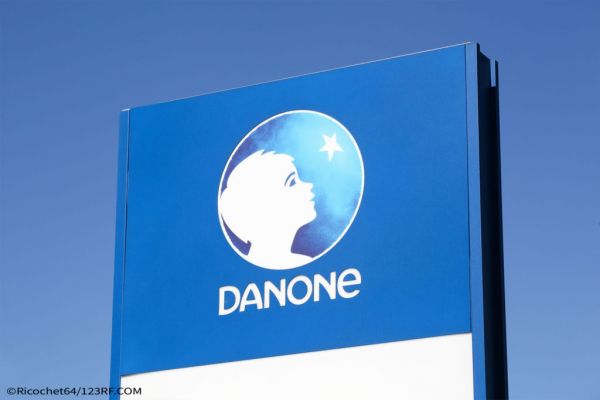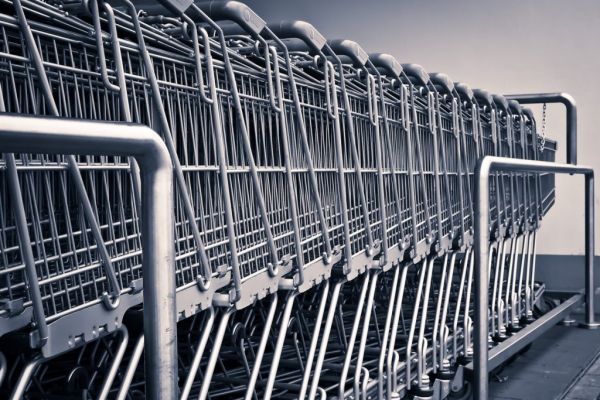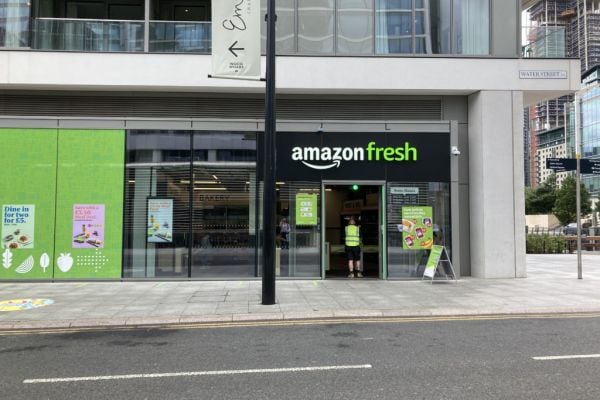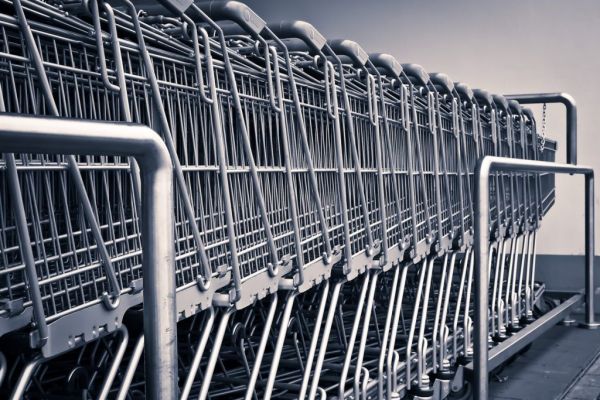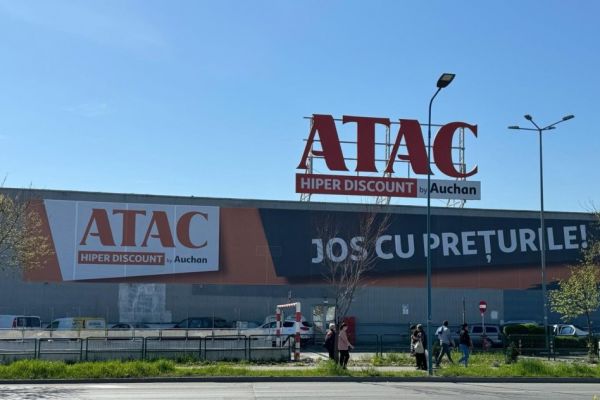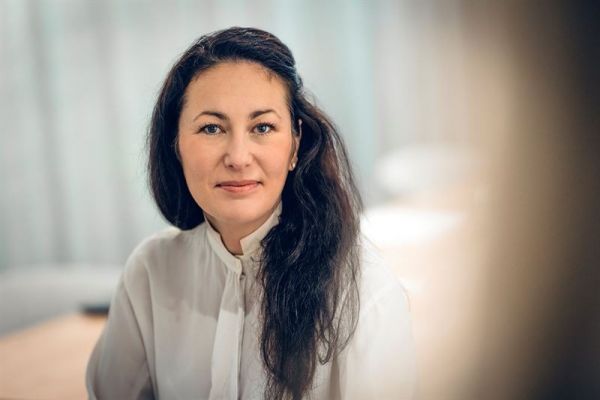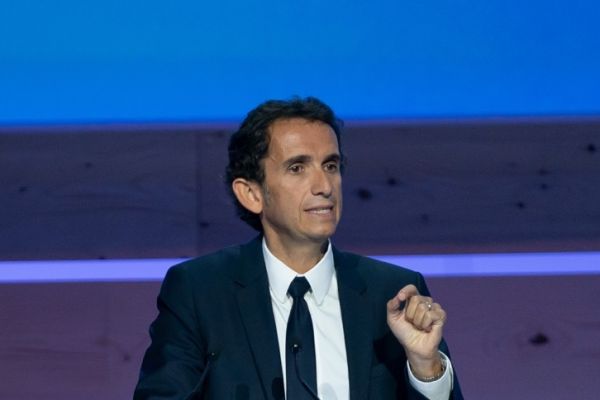China is so desperate for good beef that Australian billionaire Andrew Forrest will be taking sample parcels of steak in his luggage on his next trip.
After recently visiting Chinese supermarkets and seeing limited Australian beef available, Forrest, who made his fortune exporting iron ore to China, returned home and developed a plan, including buying his own processing company, to boost shipments of the meat from his country, the third-largest exporter.
“In China, I am being asked, ‘Andrew where can I get high quality reliable beef,’” Forrest said in an interview in the Perth office of his Fortescue Metals Group Ltd. (FMG), Australia’s third-biggest iron ore company. When he goes back next month, “I am going to take it in and give everyone a pack,” he said.
Forrest, who this year bought Western Australia’s only licensed beef exporter to China, said Australia could boost its production by 50 percent should it secure a supply position in the Chinese market. China, already the biggest consumer of meat, may double beef imports by 2018 as rising wealth changes diets, Rabobank International said in December.
“I see longer term, higher sustained prices,” driven by steady demand from China, he said yesterday. Forrest is considering buying more farms or companies to help boost output, he said.
Australia’s Eastern Young Cattle Indicator gained 0.2% to A$3.32 ($3.08) a kilogram today. Prices last month reached the highest since October 2012.
‘Quite Mind-Blowing’
Forrest met with Chinese premier Li Keqiang last month to discuss a bi-lateral agricultural partnership which would see Australia boost food supplies to China. He’s holding talks with Australia’s Agriculture Minister Barnaby Joyce to join the partnership and has contacted state and territory ministers.
Australia, which sits behind India and Brazil in terms of beef exports and last year shipped 1.1 million metric tons, has an industry with a total value of A$12.3 billion, according to Meat and Livestock Australia Ltd. China’s imports of meat accounted for an average 9.2% of meat consumption globally last year, up from 6.8% in 2000, Commonwealth Bank of Australia said in January.
“The middle class is now the size of America and it is growing by 28 million people a year and if you think about how many extra mouths that means, it’s quite mind-blowing,” Matthew Costello, an animal proteins analyst at Rabobank, said by phone. “China has a declining local production and their herd is declining because of urbanization.”
Family Ranch
The world may need 200 million more tons of livestock products every year by 2050 as the global population grows to 9 billion from 7 billion, according to a 2011 report by the Food and Agriculture Organisation of the United Nations. As part of a trade deal in April with Japan and South Korea, tariffs on Australian beef imports to those two Asian nations will be eliminated over 15 years.
Buying Harvey Beef, with the capacity to process 4,500 cows a week at its plant 140 kilometers (87 miles) south of state capital Perth, marked Forrest’s return to the industry.
He grew up on his family’s Minderoo ranch, which at 556,185 acres is almost double the size of New York City. It was established in 1878 by his great, great uncle Sir John Forrest, first premier of the state of Western Australia and his brothers Alexander and John.
Bigger Rival
“It is a very easy industry for me to work in because of my childhood and background,” Forrest said. That tie also prompted him to give millions of dollars to struggling farmers in the state. “We have now stepped out of that and said that hasn’t helped. It is not the long term solution. The long term solution is to change the market.”
Forrest joins bigger iron ore rival Rio Tinto Group in holding agriculture assets. Rio owns six ranches in the Pilbara region of Western Australia and with 24,000 head of cattle is the largest owner in the state, according to its website.
China’s food industry has been wracked by scandals ranging from tainted milk, the substitution of rat meat for mutton to the illegal dumping of hogs in rivers, driving consumer preference for imported fresh foodstuffs.
“Food safety is a really big concern and for very good reason,” said Forrest. When people across the Asian region “want to eat protein or any kind of fresh meat, then they need to know the origin is clean, secure and trustworthy,” he said.
Bloomberg

